Wiggins comes full circle at Omloop Het Nieuwsblad
Sky man begins Paris-Roubaix countdown in Belgium
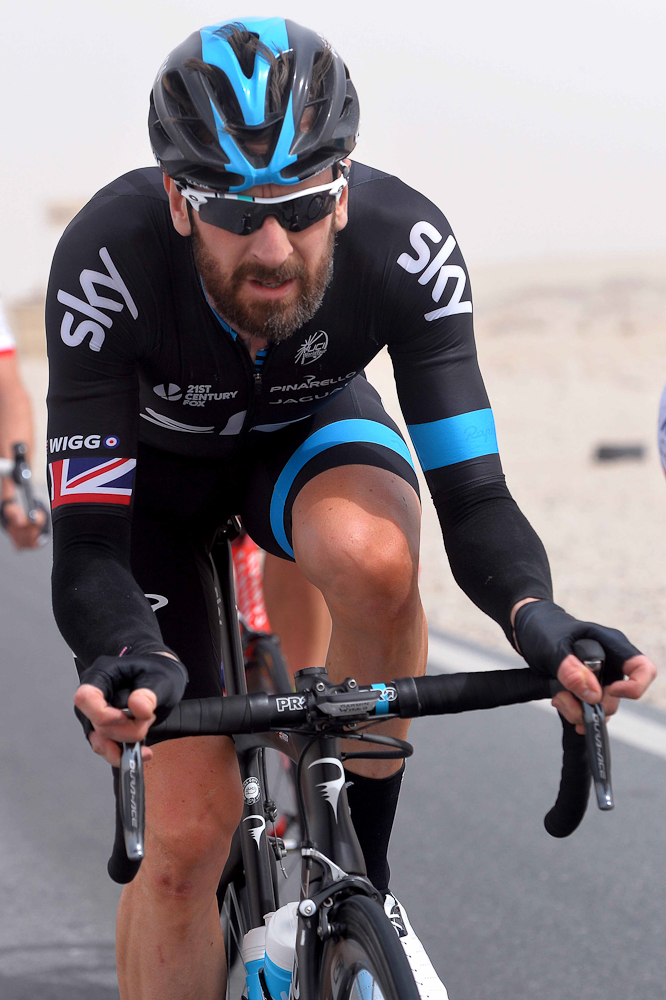
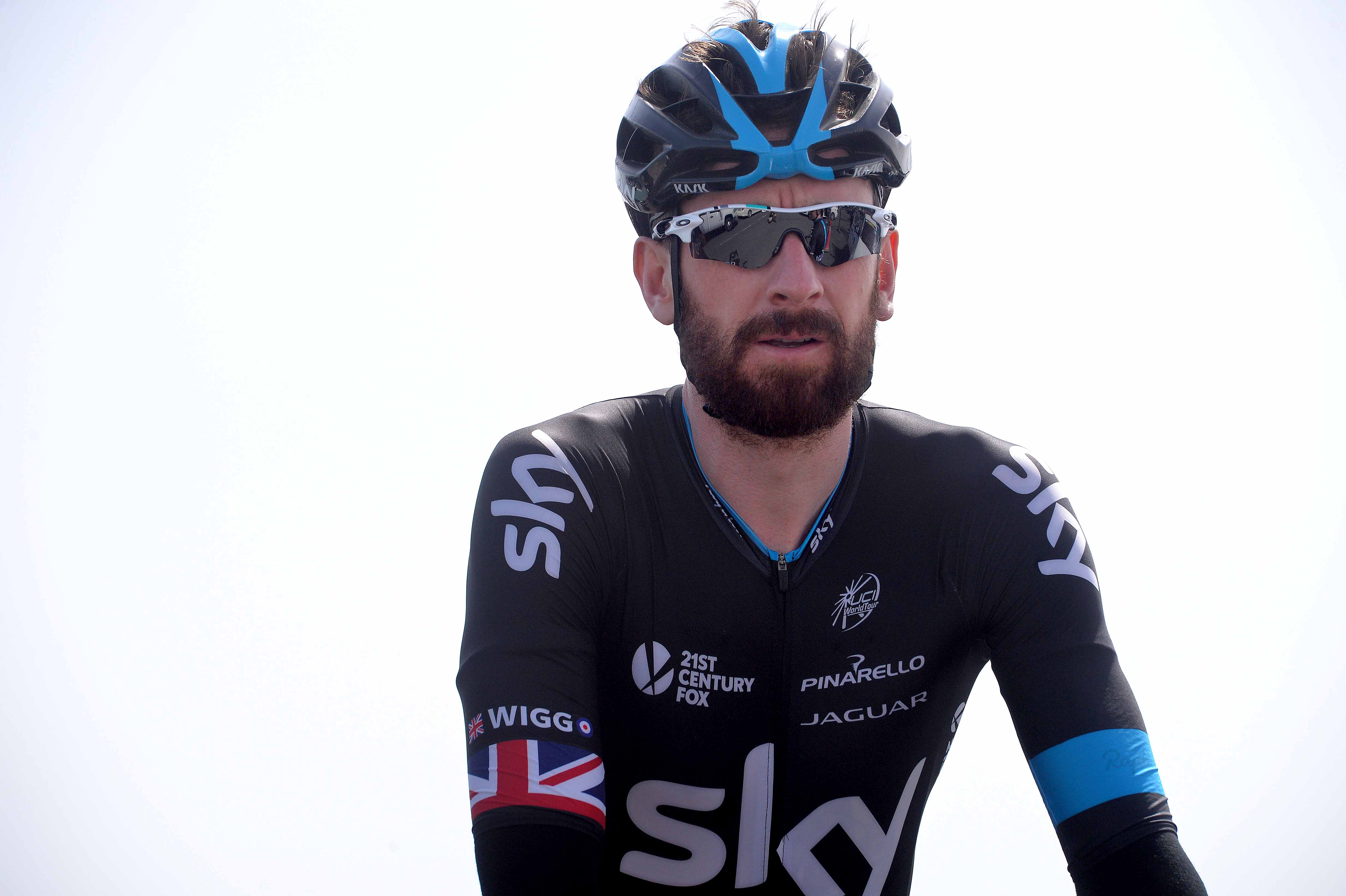
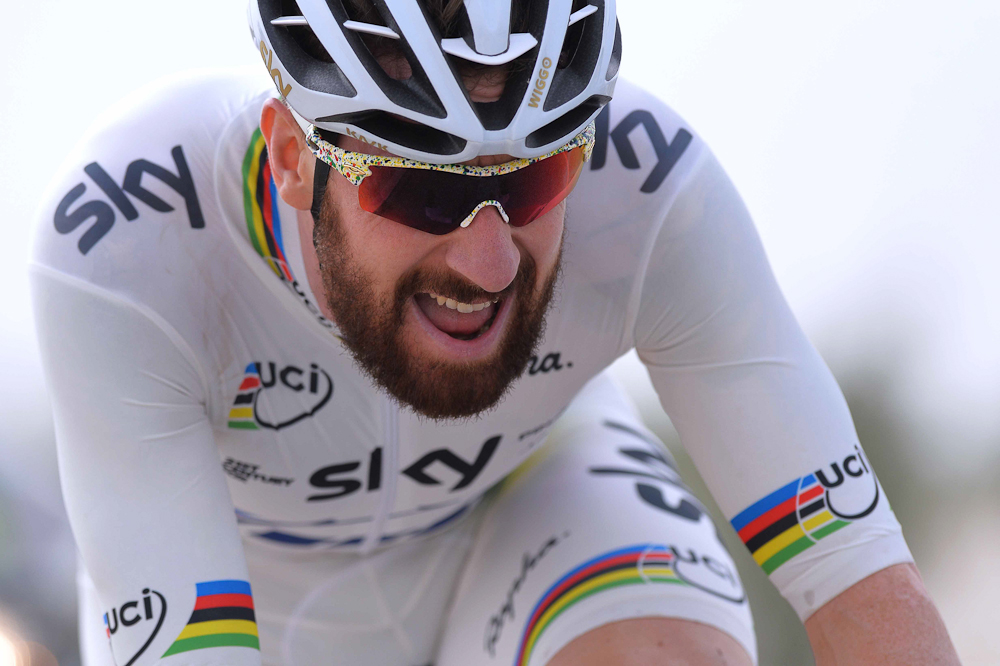
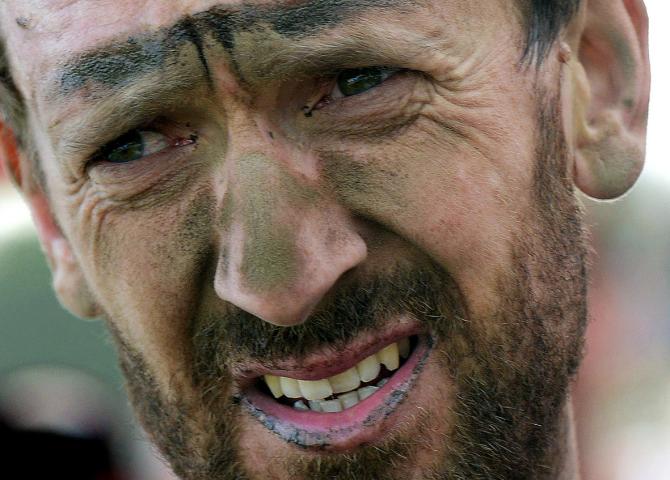
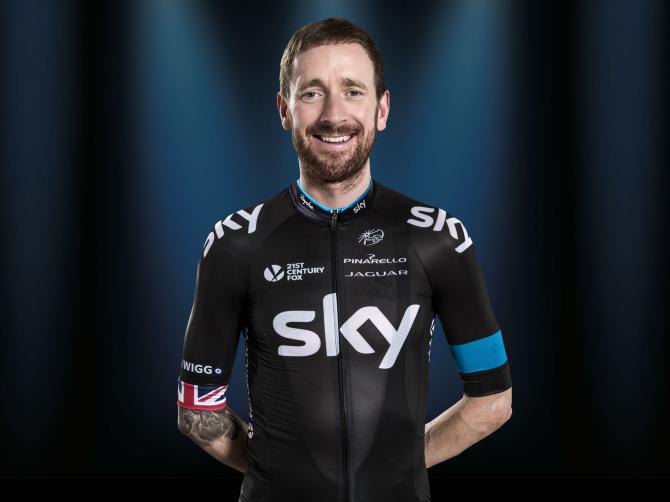
Racing in Belgium has the uncomfortable tendency to remind neo-professionals that they’re not in Kansas anymore. Bradley Wiggins’ first taste of the Classics came at Omloop Het Volk in 2002, when he lined up in the colours of La Française des Jeux, and once the peloton hit that peculiarly Flemish version of the yellow brick road, he was quickly jettisoned out the back.
“I remember almost knocking [Johan] Museeuw off on the entry to Côte du Trieu because I was fighting to be up there,” Wiggins said. “I had [Andrei] Tchmil on one side and Museeuw on the other and I just remember thinking to myself ‘what the fuck are you doing here? These guys are way better than you.’ So I just got out of the way, went to the back, got dropped and that was it.
“I got dropped after 30k so I didn’t even make it to the Kwaremont. Because of the respect I had for those guys I didn’t want to get in their way. You have to earn the right to be in the first 20 or 30 positions with those guys.”
Wiggins was speaking in Kortrijk on Friday on the eve of his first appearance at the Omloop since 2005, and while much has changed in interim – the race now carries the name of another Belgian newspaper, Het Nieuwsblad, and his old nemesis the Trieu does not feature on the parcours, for instance – the Englishman is back on familiar ground and in a familiar position.
Like on those first, tentative efforts on the pavé over a decade ago, Wiggins is, with Paris-Roubaix in mind, trying to earn the right to a long-term lease on some prime real estate at the head of the peloton. The Hell of the North is his final race in the colours of Team Sky, and unlike twelve months ago, Wiggins will ride a full programme of cobbled races in preparation for the last grand challenge of his road career.
“It’s good to get into the mind-set for these races, to get to know the roads and for the others guys, Boonen and that, to see you there,” Wiggins explained. “When it comes to the real fight, they’re perhaps happy to sit behind you and not push you off the wheel because they know you won’t lose the wheel. So it’s confidence for everyone that they see you there.”
Classics programme
Get The Leadout Newsletter
The latest race content, interviews, features, reviews and expert buying guides, direct to your inbox!
Wiggins’ ultimately forlorn hopes of riding the Tour de France meant that he could not commit fully to his Paris-Roubaix project in 2014, and he only linked up with Sky’s Classics unit ahead of the Tour of Flanders. This time around, he is part of a nucleus with Ian Stannard, Bernhard Eisel et al that is pencilled in to ride all of the cobbled races between now and April 12, in the hope that his ease on the pavé will increase exponentially over the next six weeks or so.
“Last year I came to Flanders and I was just sat behind all the craziness for 250k. I was never in the front, never in the back, but always there, just watching. There were all these crashes, this carnage and chaos, and I was coming around it. And then I finished 29th or 30th at the end, and I was like ‘I could have won that,’” Wiggins said. “So the week after [at Paris-Roubaix] I had more confidence and I finished ninth and I remember saying it was a shame there wasn’t another race the next week because I felt I was getting better every week.”
Performing as a regular in Sky’s Classics ensemble, as opposed to dropping in a guest act, also makes sound diplomatic sense. In Stannard and Geraint Thomas, Sky already have two leading players for the cobbles. On paper at least, Wiggins will be a back-up player to them in the Flemish races before leading the band at Paris-Roubaix.
“Tomorrow Ian is the defending champion. I’m really trying to help him and give it back to those guys, so that when it comes to Roubaix and it’s your turn, they’ll do the same for you. I think it’s important that I’m here, I’m present and I’m around the team,” Wiggins said.
“For this race, if Ian’s really going to go for it, then everyone commits to that. But things can change in the final, with crashes or whatever, and you find yourself in a position you didn’t expect to be in and roles change. We’ve also got Luke Rowe, we’ve got a few cards to play, but you never know with these races.”
Wiggins is five kilogrammes heavier now than he was when he landed the world time trial title last September after a winter interspersed with gym work, aimed, he said, at increasing his explosive power. He was optimistic about his current condition, reckoning that it would be good enough to win a world time trial title, but he pointed out with a laugh that the data gleaned from his power-meter offered no reassurances or guarantees ahead of five hours of fraught racing over cobble and hills in the Flemish Ardennes.
“If we had a world time trial championship tomorrow over 50k, I could pretty much predict where I was going to finish off of power and everything. But here, I could be last or I could be first. With these races, the same with Paris-Roubaix, there’s no textbook,” he said.
“I am in good shape but that doesn’t always translate into me being in the top 10 tomorrow. I was in great shape in Qatar, and on paper it looked like I wasn’t. But I was just watching [the battle for positions – ed.] and thinking, ‘fuck it.’ I was thinking a bit further down the line. Qatar is finished now and who won Qatar? But everyone remembers who won Het Volk and Paris-Roubaix and all of those races.”
During the informal 20-minute press conference, Wiggins impressed the local press with his recollection of the minutiae of Roubaix finales past, from Eddy Planckaert’s 1990 win over Steve Bauer to Magnus Backstedt’s sprint in 20014. “I’ve got a photographic memory for shit, so I do remember odd stuff like that,” he said by way of explanation.
It all seemed a far remove from the tension that formed the backdrop to his victorious Tour de France of 2012, and Wiggins acknowledged that facing into a full Classics programme was an altogether more appealing prospect than the white heat of July and all it entails.
“At the Tour, it’s every day and you’ve got all the stresses and obviously you’ve got all the management there from the team. There’s a lot of people there and everyone’s on edge constantly. It’s an intense environment being on the Tour de France with the pressures of the media every day,” he said. “With the Classics, once one race is over you’ve got three days to recover, and everyone’s gone home, from the media anyway. It’s a lot more enjoyable.”

Barry Ryan was Head of Features at Cyclingnews. He has covered professional cycling since 2010, reporting from the Tour de France, Giro d’Italia and events from Argentina to Japan. His writing has appeared in The Independent, Procycling and Cycling Plus. He is the author of The Ascent: Sean Kelly, Stephen Roche and the Rise of Irish Cycling’s Golden Generation, published by Gill Books.